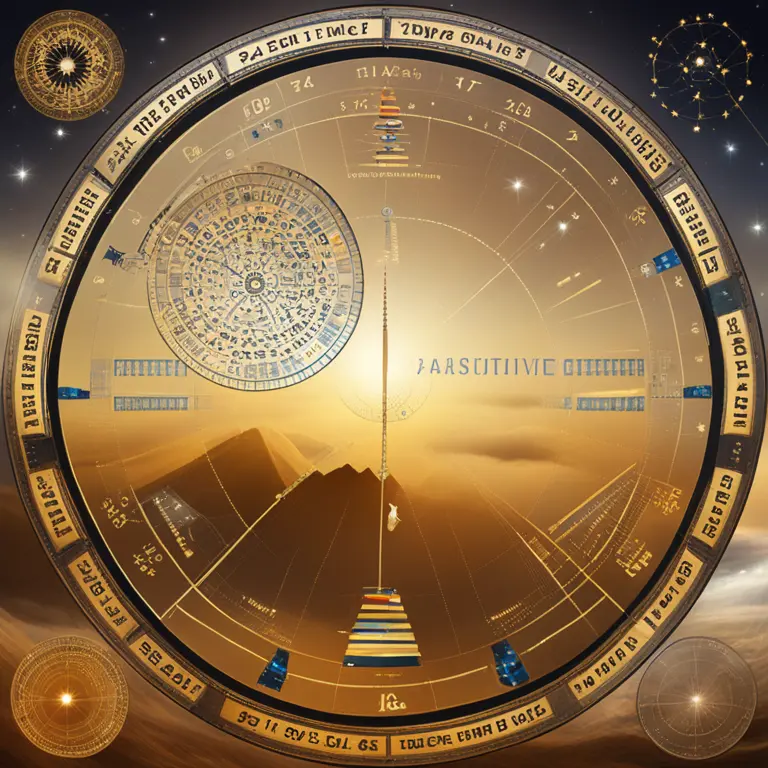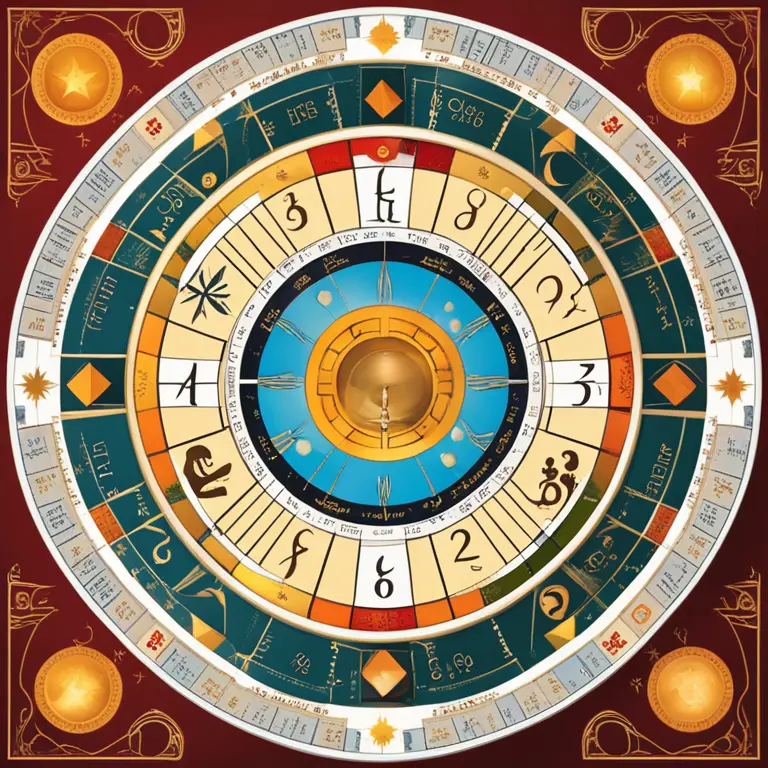
Can a Birth Chart Predict Lifespan?
An exploration of the possibilities and limitations regarding the prediction of lifespan through astrological birth charts.
article by Priya Deshmukh
The Curiosity Around Birth Charts and Lifespan Prediction
The intersection of astrology and life expectancy has intrigued humans for centuries. Many have wondered if the cosmos, at the time of our birth, can map not just our personalities and fortunes, but also the ultimate unknown — the moment of our passing. Astrology, a practice as ancient as civilization itself, claims that celestial bodies hold influence over our earthly journeys, leading to speculative correlations between one's birth chart and their potential lifespan. While it's not a common practice, some astrologers have delved into the realm of predicting death through birth charts, but how much credibility does this hold?

Analyzing the Eighth House in Astrology
In astrology, the Eighth House is traditionally associated with death, transformation, and the metaphysical. It is a house that speaks to the end of cycles and the rebirth of others. However, interpreting this house is complex, and astrologers agree that its implications encompass far more than the literal end of life. Looking ahead to 2024 and beyond, the planetary alignments in one's Eighth House could hint at periods of significant change rather than solely demarcating the end of mortality. The caution around this sensitive topic is clear; astrologers remain reticent to definitively claim prediction power over death.

The Ethical Implications of Predicting Death
Discussing the prediction of death carries profound ethical implications. The psychological impact on individuals who believe they've learned the timing of their own demise cannot be understated. It is generally considered taboo within the astrological community to predict someone's death due to the distress and potential consequences it might cause. While birth charts are detailed maps of the heavens at our first breath, the practice steers clear from using these celestial snapshots as a crystal ball for the cessation of life.

Limitations of Predictive Astrology
Predictive astrology examines transits, progressions, and other time-based movements of celestial bodies to forecast future trends and events. Yet, despite its intricate methodologies, predictive astrology is not a definitive science but rather a symbolic language open to interpretations. Proponents believe it can indicate challenging or transformative periods but asserting it can pinpoint death is a step too far for many practitioners. The complexity of birth charts means that fatalistic interpretations are often simplistic and potentially misleading.
Modern Astrology and Its Approach to Death
As we move into 2024, modern astrology embraces a psychological and holistic approach. Contemporary astrologers focus on using the birth chart as a tool for self-understanding and growth, rather than dire prediction. The symbols and archetypes found in the chart represent life's broad spectrum, from birth to death and all the cycles between. These symbols guide individuals towards self-realization, rather than imposing a deterministic view of their fate.
The Consensus Among Astrologers
The general consensus among astrologers today is that while the birth chart reflects our potentials and challenges, it does not irrevocably dictate our life's length. Skeptics and supporters alike acknowledge the predictive limitations of astrology, emphasizing the importance of free will and the multitude of factors that contribute to the human lifespan. Astrology remains a tool for reflection, not a timetable for life's finality.
Published: 2/9/2024
Modified: 2/9/2024
More predictions
Come back here soon to learn more about yourself and your future


Insights through Tarot: A Comprehensive Guide
Delve into the mystical realm of tarot to uncover life's secrets and pathways with our comprehensive guide to understanding tarot cards and their meanings.


The Origins of Tarot: A Creator's Chronicle
Delve into the history and mystery of tarot card origins and the masterminds behind the timeless esoteric deck.